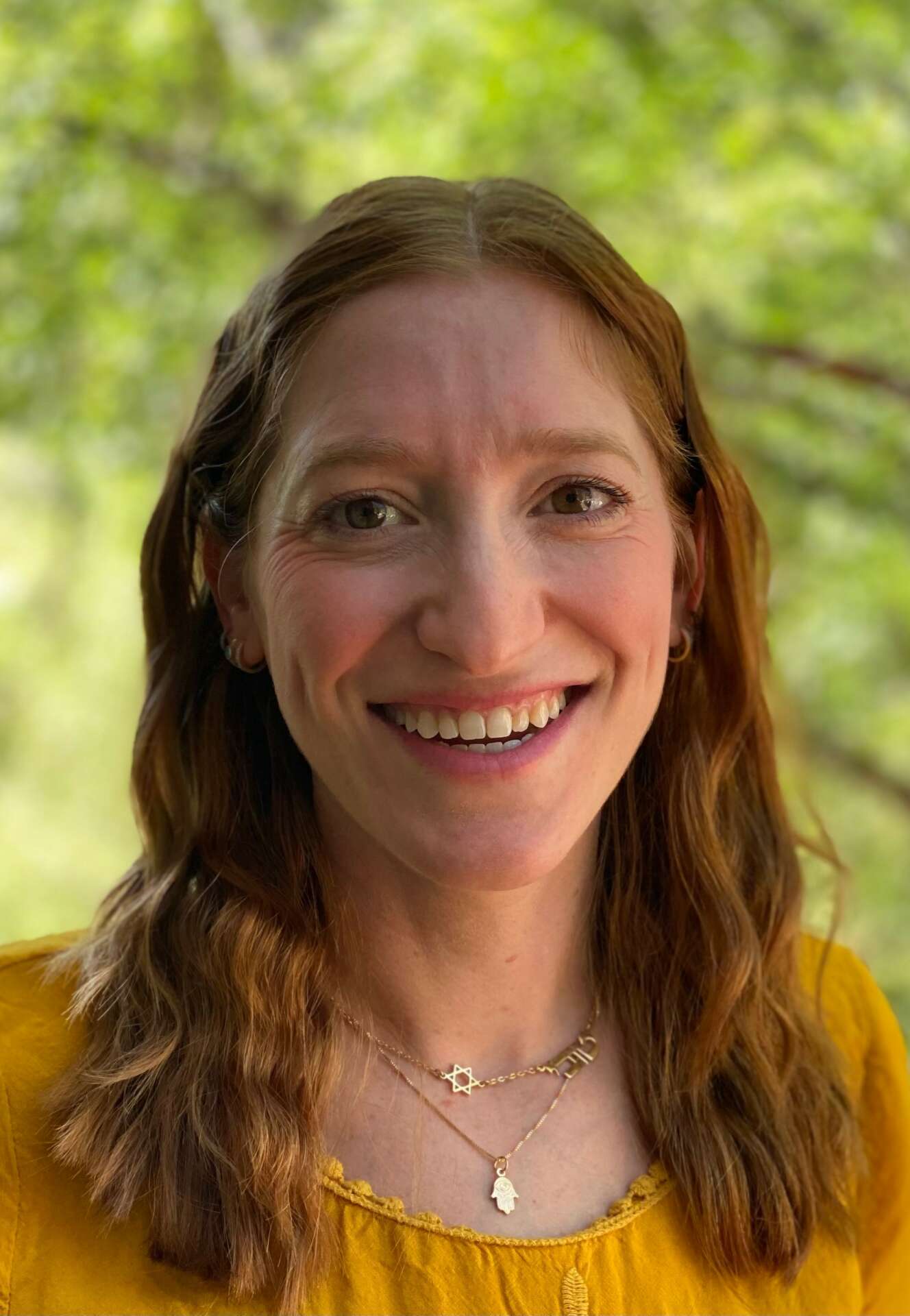Alright – so today we’ve got the honor of introducing you to Maya Osterman-Van Grack. We think you’ll enjoy our conversation, we’ve shared it below.
Maya, appreciate you joining us today. What’s been the most meaningful project you’ve worked on?
I have had the opportunity to work at Mirror Image Arts for the past eight years. I started as a contracted teaching artist , working my way to the ED of Programs this past July. I founded our Restorative Theatre program in North Carolina eleven years ago while volunteering at a youth detention center. In 2018 I was asked if I wanted to bring the program into MIA and I immediately said yes! This was the best decision I have ever made :D Since then as an organization our entire focus has pivoted to disrupting the school to prison pipeline. Our biggest push and most meaningful project that has yet to come to into full fruition is our reintegration program “Brighter Future”. We are looking to build out an entire center that would support youth and their families post-incarceration. One part of this program will also be an apprenticeship program for youth who have gone through our programming.
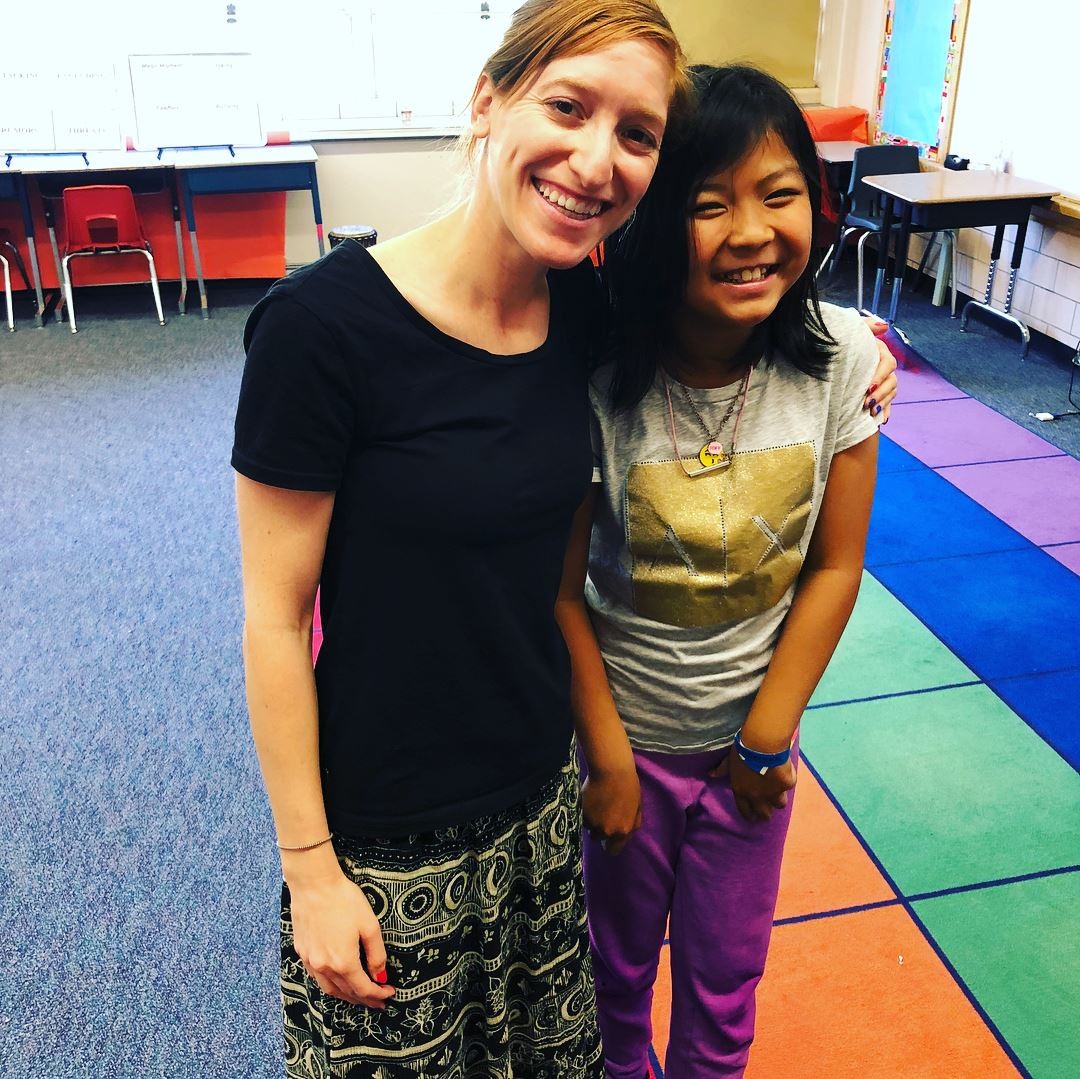
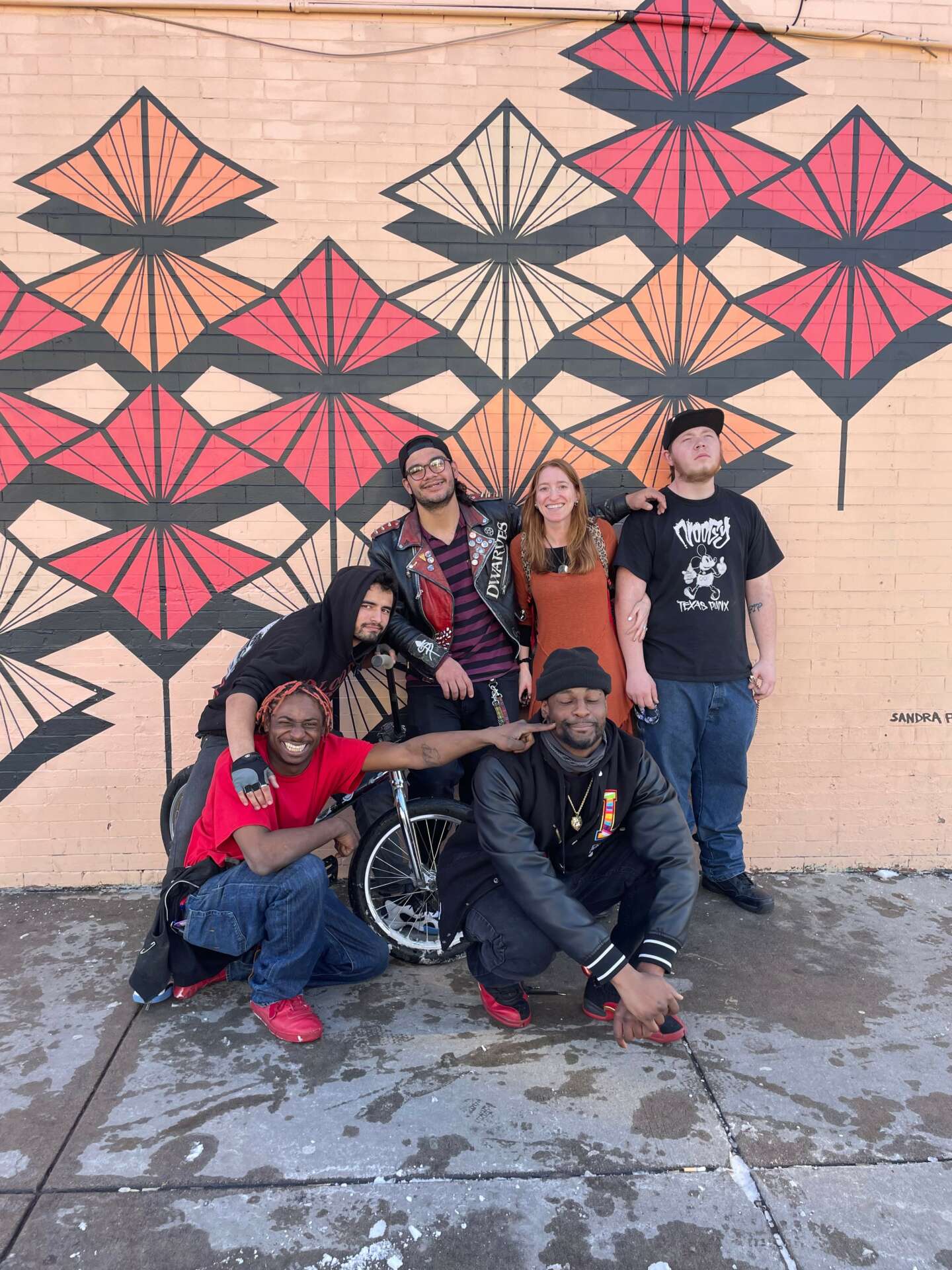
Maya, love having you share your insights with us. Before we ask you more questions, maybe you can take a moment to introduce yourself to our readers who might have missed our earlier conversations?
I started my journey in applied theatre (using theatre in non-traditional spaces) when I was in high school. Our local planned parenthood had a theatre ensemble of high school students. We went around to middle and high schools performing plays on AIDS/HIV awareness and teen pregnancy. The performances were followed with peer to peer talkbacks where we facilitated conversations with our peers around their beliefs, questions related to these two subjects. From there it was a pretty clear path to where I am now. I went to the University of Colorado- Boulder and joint the Interactive Theatre Project that performed plays on campus around every “ism” that shows up on a college campus. My incredible mentors (Trent Norman and Rebecca Brown-Adleman) taught me all about Theatre of the Oppressed and how to facilitate. I had the opportunity to stay on after college for two years to work alongside them in directing and facilitating the programming. I moved to Fort Collins and got a job at the Sexual Assualt Victim Advocacy Center doing similar work as I had done in high school only now I was the director of the project. We had an ensemble of high school and college students, wrote and performed a play around sexual assault and gender-role socialization that toured throughout Colorado. I moved to North Carolina and started writing and acting with the Interactive Theatre Project – UNC (that was inspired from the CU program) mainly focusing on racism and microaggressions on college campuses. It was at this time that I started Restorative Theatre as a volunteer at the Butner Youth Center and found my home among working with incarcerated youth. It is so easy to live in the binary of good and evil, right and wrong. But one thing I have learned in all the work I have done is the cycle of abuse and trauma. No one starts out as an offender, that is a taught behavior. This means that the majority of offenders were themselves victims at one point. Why was there no one there to support them in their trauma? If we want to live in a more just and equitable society than we have to believe that everyone is important, that everyone has a story and deserves a second chance, deserves to belong. That is what will create new cycles of hope and joy.
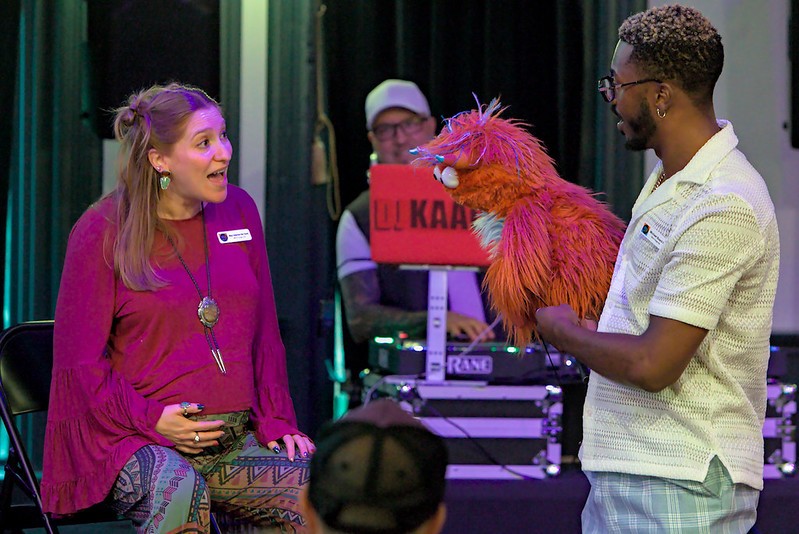
Learning and unlearning are both critical parts of growth – can you share a story of a time when you had to unlearn a lesson?
That to be a starving artist is how you create deep work. That to work in the non-profit sector means you give of your whole self until there is nothing left. In our capitalistic society more is better, if you are passionate then you will do anything to make your dreams come true. I have to constantly slow down and remind myself there will always be more work to do, that I can’t support others if I don’t take care of myself, that taking time to just think is work :D Both sectors of work are all about the grind, and that your self-worth is wrapped up in these roles. I am so much more than my craft and my job, they are components of my life that fuel me but they do not define me.

In your view, what can society to do to best support artists, creatives and a thriving creative ecosystem?
Invest funding in the arts in public education!!! Be open to seeing the transferable skills that artists have that make them incredible collaborators to have on your team. We are strong communicators, collaborators, and problem solvers among many other things
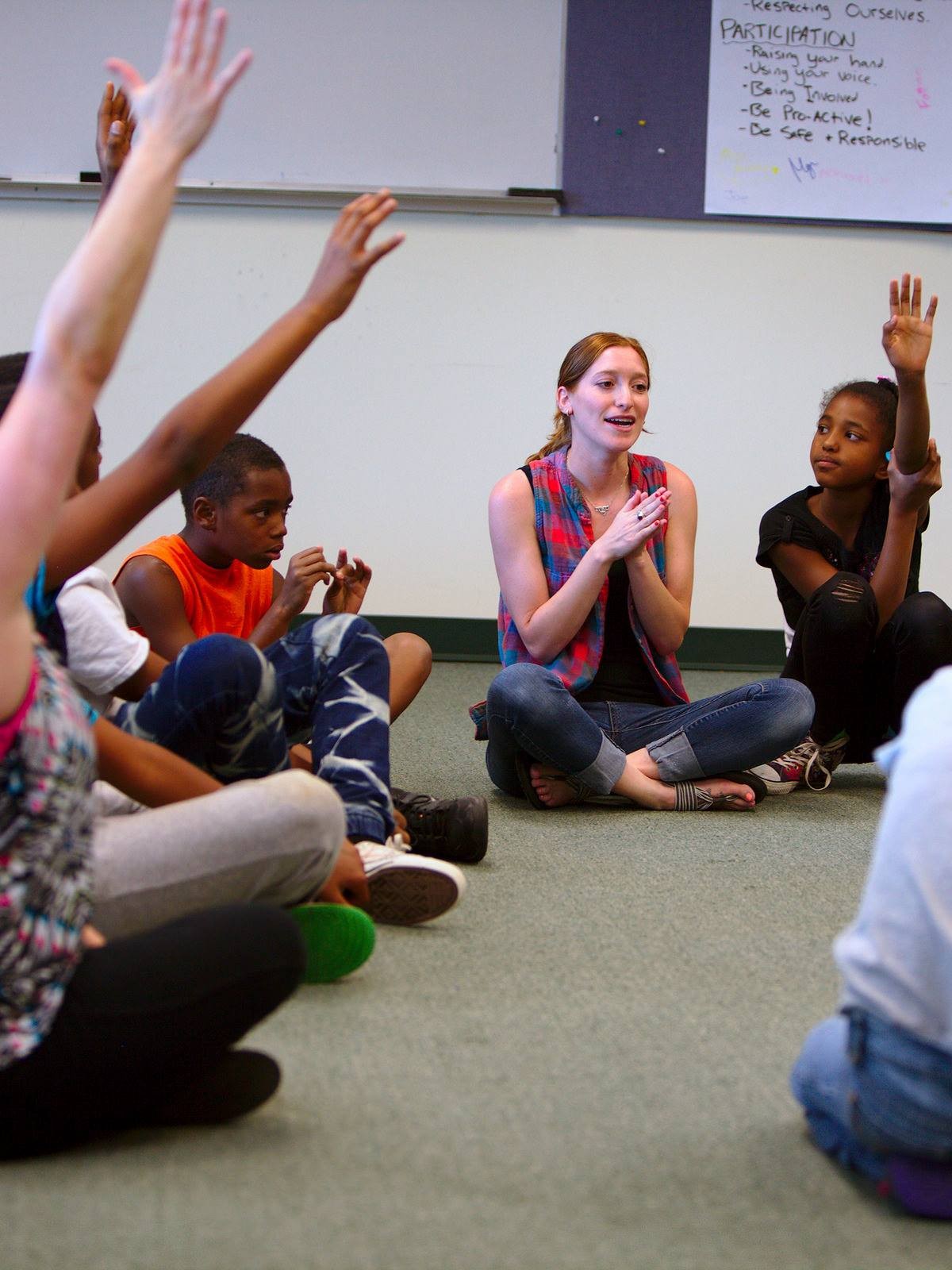
Contact Info:
- Website: www.mirrorimagearts.org
- Instagram: www.instagram.com/mirror_image_arts
- Linkedin: https://www.linkedin.com/in/maya-osterman-van-grack-b0416738
- Youtube: https://www.youtube.com/@mirrorimagearts9933


